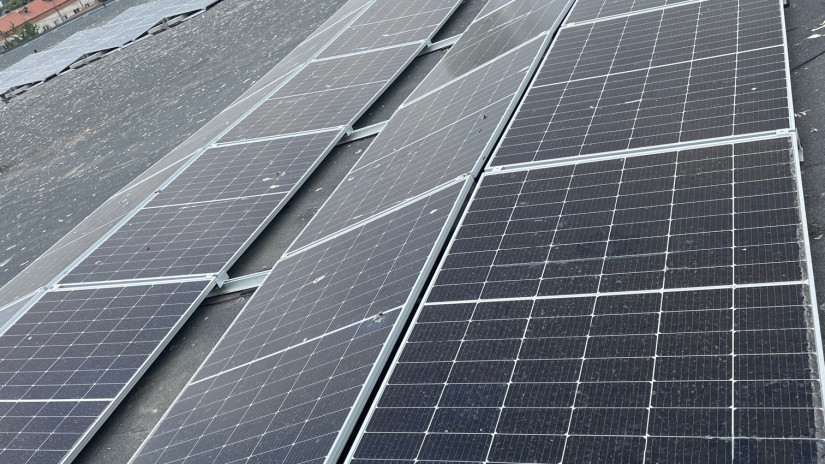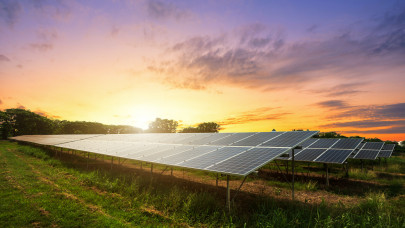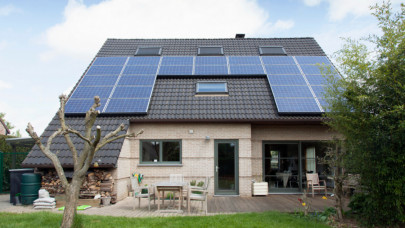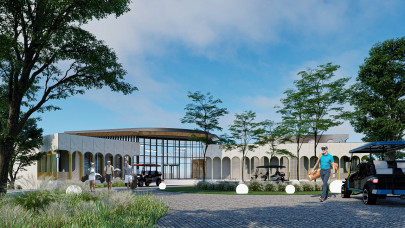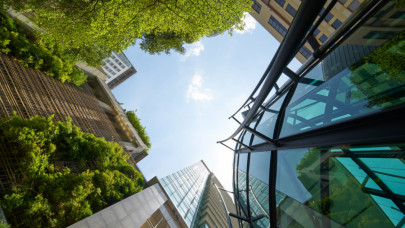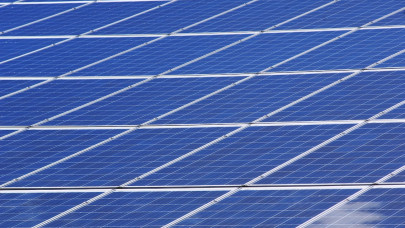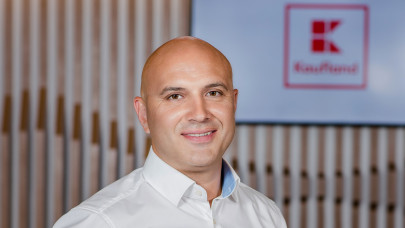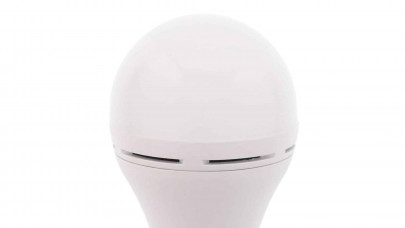The CBRE study on the impact of solar PV on logistics spaces shows that environmental building features are more important and the power supply is among the top five building-selection criteria for industrial occupiers. By the end of the decade, most of them will have to adopt more comprehensive ESG programs, as the EU's 2030 target for renewable energy was raised to a minimum of 42,5% of final energy consumption.
Solar energy has recently gained ground in Romania as well and meets all conditions for an even more accelerated development, in the context of the high costs of energy. Also, there are some normative acts that enforce the construction of buildings with very high energy performance, with almost zero consumption.
„This is an opportunity for solar energy, as it is the only energy that can be generated on-site, which became a provision in the local legislation. These favorable external factors, including VAT reduction and the broader contextual dynamics, are driving an increasing demand for photovoltaic (PV) systems. Moreover, PV panels have emerged as a prominent consideration during commercial lease negotiations, with tenant companies prioritizing these systems as a key requirement”, stated Daniel Cateliu, Director of Industrial & Logistics Services at CBRE Romania.
In Romania, developers have recognized the needs of tenant companies, and as a result, new industrial and logistics space projects now include photovoltaic systems as part of their standard offerings. Meanwhile, older projects are exploring ways to finance the installation of these upgrades. The current legislation allows for the use of photovoltaic systems to fulfill electricity requirements and even supply excess energy to the grid, turning users into prosumers. The surplus energy can be stored and utilized during times when direct supply is not possible, thanks to the energy usage compensation scheme in effect until 2030. Essentially, this transforms the national power network into a long-term battery. Given these circumstances, it is an opportune time for the installation and utilization of these systems.
According to a report of SolarPower Europe, at the EU level, solar equipment with a capacity of 41.4 GW of green energy was installed last year, up 47% from 2021, to a total of 208.9 GW. While Germany is on the top of the list, with a total installed capacity of 68.5 GW at the end of last year, Romania has not yet made it to the top 10 with its 1.8 GW.
Romania's target for 2030 for installed solar energy capacity per capita is about a third of the EU average for 2030, i.e. 279 W versus 758 W. This data shows that the growth potential of the local market is huge, in the top 3 in the EU.
„Romania has one of the largest solar energy potentials in Europe, and the national target could be much higher if we paid more attention to the logistics and industrial space sector, where such capacities can be installed on roofs. In a growing market, with a Q2 modern stock of 6,9 mln. sq m our sector offers multiple "green" logistics solutions. So, in addition to solar energy, rail infrastructure can also play a major role in ensuring a sustainable future in Romania, and intermodal terminals, such as those in Decea and Aiud, are more important than ever. In the net zero journeys, energy efficiency is crucial, as it creates an immediate reduction in emissions”, said Victor Răchita, Senior Director, Head of Industrial & Logistics Services at CBRE Romania.
Rooftop solar PVs can also be the answer to one of the local market challenges - the difficulties posed by the legislation, encountered by PV projects on agricultural lands.
One of the most accessible solutions in obtaining green energy in the I&L segment, due to the generous surfaces of the roofs, the solar PVs come with cost benefits, as they can reduce a building's reliance on grid-supplied electricity by up to 80%, and offset the electric bill up to 95%. There are also social, environmental, marketing, and other benefits, for example obtaining a sustainability certification (BREEAM, LEED, etc.).
CBRE's Global ESG survey revealed that, in Continental Europe, features that reduce energy consumption were cited by 88% of landlords and investors and 86% of occupiers as having the most significant impact on real estate decisions. More than 30% of occupiers would walk away from a deal altogether if a building lacked these features.

